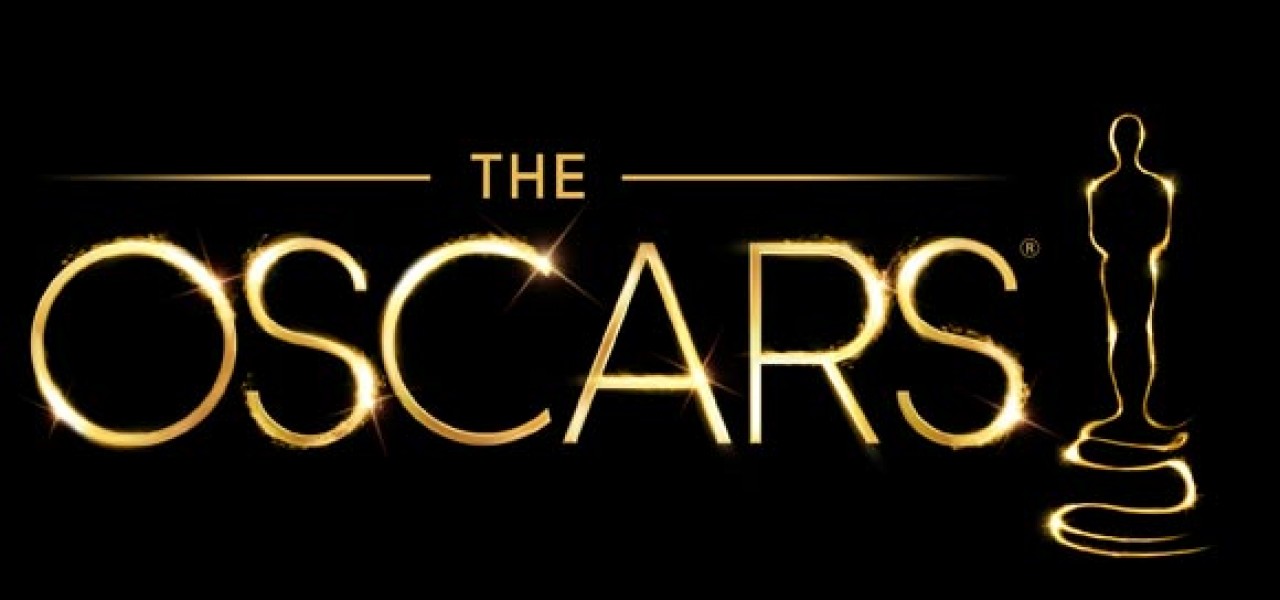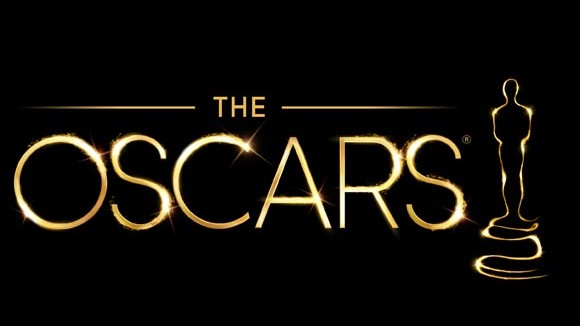

Will the Animated Short Oscar Become Relevant Again This Year?

There has been noticeable grumbling and griping within the animation community over the past few years about the Animated Short category of the Academy Awards. The complaints, many of which come from Academy members themselves, are that the Oscars have fallen hopelessly out of touch with the evolution of animated short filmmaking. As animated shorts have evolved in narrative complexity and visual sophistication, the Academy’s short films branch has been consistently unable (or unwilling) to identify important new works in the medium.
The problem with this type of grievance is that it can easily be dismissed as opinion. After all, art is supposed to be subjective—although there’s hardly any subjectivity when an organization declares something as the Best Animated Short. Nevertheless, it’s difficult to suggest that Oscar nominees and winners like The Longest Daycare, La Luna, and The Fantastic Flying Books of Mr. Morris Lessmore are any less worthy of the honor than the other animated shorts released in their respective years.
The idea that the Academy is out of touch with animated short trends can’t be chalked up entirely as a subjective belief. To illustrate this point, it might be helpful to do a comparative analysis between the nominees at the Academy Awards and the winner of the annual Grand Prix at Annecy, which is the second longest-running animated short award after the Oscars. Annecy was chosen for this exercise not because it represents the be all and end all of animation festivals. It clearly does not. However, Annecy has existed since 1960 and is generally considered to be the most prestigious animation festival in the world. The festival’s tendency to be more commercially-oriented than the average animation festival also makes it a good barometer for the Oscars, whose Hollywood-centric biases often veer toward the extreme end of commercial short filmmaking (The ChubbChubbs! anyone?).
The other good reason for comparing these two honors is that Annecy and the Oscars have shared a surprisingly symbiotic relationship spanning many decades. The winner of the Grand Prix at Annecy has also received an Oscar nomination 15 out of 21 years between 1981 and 2010. (Annecy was a bi-annual event until 1997 which accounts for only 21 comparable years over a 30-year period.)
In 2011 and 2012, however, the Annecy Grand Prix recipient was overlooked at the Oscars. This may not seem remarkable, but then we should ask, When was the last time that the Oscars didn’t nominate the Annecy Grand Prix winner for two years in a row? You’d have to look back over forty years, all the way to the Annecy festivals of 1965 and 1967, to find an instance of that happening.
Perhaps one could argue that Annecy simply chose two poor films in a row, but looking at the trajectory of both awards, I would readily suggest that the Academy’s recent choices have been more unpredictable from a quality standpoint. Without naming names, there have been more than a few questionable animated short Oscar nominees in recent years. These films aren’t necessarily bad (though some certainly are), but they represent the choices of an organization that seems increasingly out of touch with the fresh and interesting works that are being produced by the global animation community.
If there’s a silver lining, it’s that the 2013 Grand Prix winner at Annecy, Chris Landreth’s fascinating Subconscious Password, has been shortlisted by the Academy, along with a group of films that generally looks more promising than other recent years. The question remains whether the shorts branch of the Academy will bring back some consistency and thoughtfulness to the category this year or if they will continue down a road of irrelevancy.

.png)